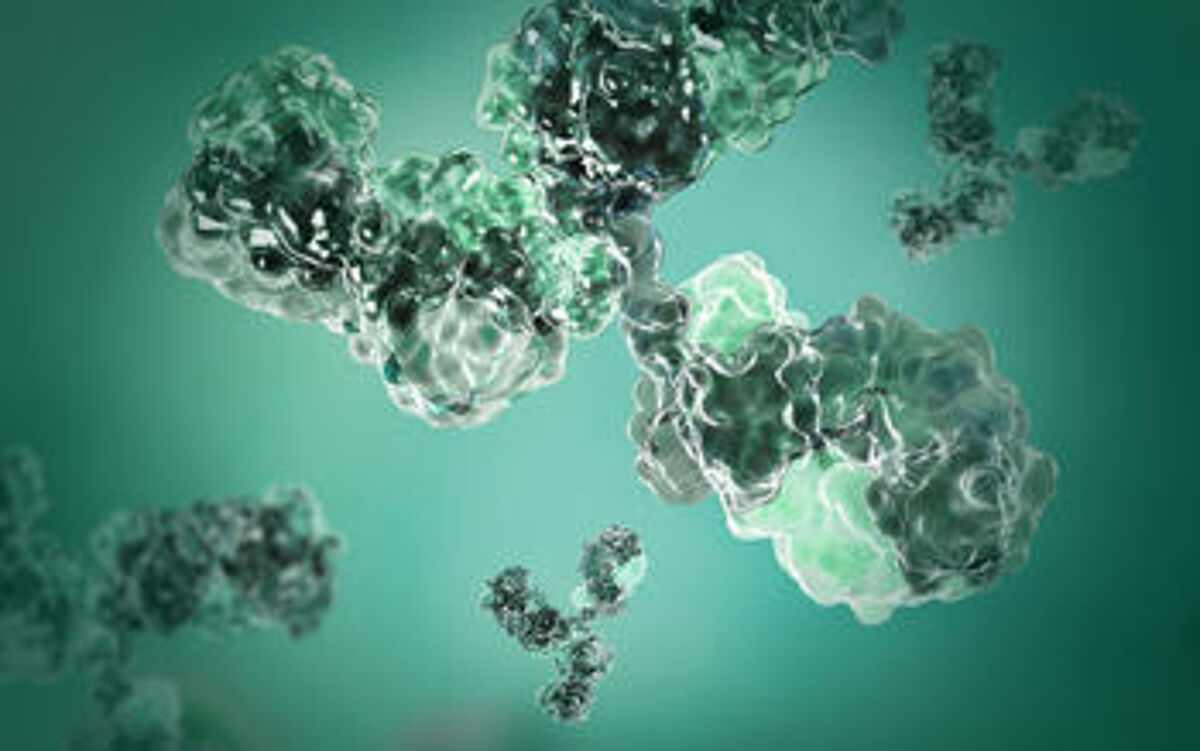Understanding Kinase Proteins: Key Regulators of Cellular Function
Wiki Article

Introduction to Kinase Proteins
Kinase proteins are a vital class of enzymes that play a central role in regulating cellular activities. By transferring phosphate groups from high-energy molecules like ATP to specific substrates, kinases modify the activity, localization, or interactions of these molecules. This process, known as phosphorylation, is a critical mechanism through which cells control signaling pathways, metabolism, and gene expression. kinase proteins are involved in nearly every cellular process, making them essential to both normal physiology and disease mechanisms.
Types of Kinase Proteins
Kinase proteins are broadly categorized based on the molecules they phosphorylate. Protein kinases, for instance, target specific amino acids such as serine, threonine, or tyrosine within proteins. These modifications can activate or inhibit enzyme function, influence protein-protein interactions, or direct proteins to different cellular compartments. Other kinases, like lipid kinases, phosphorylate lipids in cell membranes, playing a crucial role in membrane signaling and vesicle trafficking. The diversity of kinase proteins allows cells to orchestrate highly complex and finely tuned regulatory networks.
Functions and Significance
The primary function of kinase proteins is to act as molecular switches within cells. By regulating signaling cascades, kinases control processes such as cell growth, differentiation, apoptosis, and response to external stimuli. For example, receptor tyrosine kinases at the cell surface respond to growth factors and trigger intracellular signaling that drives cell proliferation. Misregulation of kinase activity can have profound effects, often leading to diseases such as cancer, diabetes, and neurodegenerative disorders. This highlights the importance of kinases not only in normal biology but also as critical therapeutic targets.
Kinase Proteins in Research and Medicine
Due to their pivotal role in cellular regulation, kinase proteins are a major focus in biomedical research. Scientists study their structures, mechanisms, and signaling networks to understand how cellular processes are controlled and how dysregulation leads to disease. In medicine, kinase inhibitors have emerged as a powerful class of drugs, particularly in cancer treatment, where overactive kinases drive tumor growth. The continued study of kinase proteins holds promise for developing novel therapies, improving disease diagnosis, and advancing personalized medicine approaches.
Conclusion
Kinase proteins are indispensable regulators of cellular life, orchestrating a myriad of processes through precise phosphorylation events. Their complexity and versatility make them central to both the understanding of biological systems and the development of therapeutic strategies. Advances in kinase research continue to reveal their importance in health and disease, emphasizing their role as fundamental components of cellular machinery.
Report this wiki page